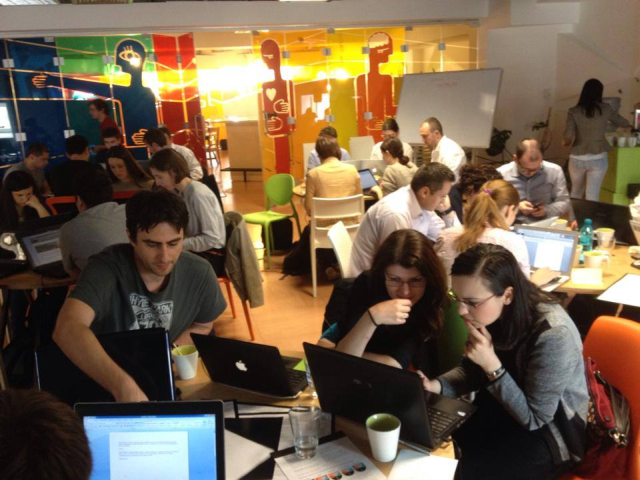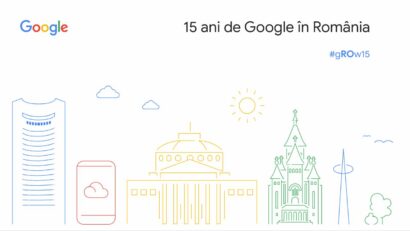Inside Romania: Facts, not words
Factual.ro is a website launched last summer by 8 young intellectuals who wanted to create what they termed as an Office for Consumer Protection against Politics.

România Internațional, 24.08.2014, 18:55
Factual.ro is a website launched last summer by 8 young intellectuals who wanted to create what they termed as an Office for Consumer Protection against Politics. With the help of a small group of around 40 volunteers, factual.ro regularly comments on some of the public assertions made by politicians. We spoke to Alex Rosu, one of the founders of the site:
Alex Rosu: “Since December 2012 we have been looking for ways to contribute to the political scene in Romania by making people responsible and achieve a higher degree of truth in the public sphere. Our feeling is that the level of truth, the quality of discussions in public space is very low and that politicians, as well as the media and public institutions use various manipulation techniques such as distorting data and sophistic statements to achieve their goals. We wish to help reduce the level of ‘noise’ and vagueness in the public sphere.”
Fact-checking started in the United Sates, where two dedicated sites have even succeeded in changing public policies initiated by the US administration and in encouraging decision-makers to be more careful about the statements they make. Similar initiatives have appeared recently in European countries such as Slovakia, the Czech Republic and Poland, as well as at the level of the European Union, where factcheck.eu checks statements concerning European policies. We asked Alex Rosu about the target group of his team’s work:
Alex Rosu: “A large part of our public is naturally a specialised, informed public. What we wish to become is a sort of Office for Consumer Protection against Politics. I would like our articles to be used in public debates in Romania. This is in fact our goal: to supply fact-checked information to discussions which are often unclear and which often rely on manipulation instead of information.”
But how do you check facts?
Alex Rosu: “We have a team that monitors everything that happens in the public sphere in terms of statements and decisions. There are a lot of data we have to process and want to computerise this process. When a potential subject is found, it is sent to our experts who then look at data, official reports, statistics and other authorised sources to check if the figures used in certain assertions are correct or whether a certain institutional process has been respected. In effect, we check every authorised source available.”
Recently, factual.ro has invited 40 experts from different areas to a fact-checking marathon that lasted more than 7 hours and whose conclusions will be published in time. Ioana Avadani, the director of the Centre for Independent Journalism, says this is an excellent idea:
Ioana Avadani: “There is so much noise in Romanian society and the quality of public discourse has decreased so much that what factual.ro does, in my opinion, is to clean up. They do what each and every one of us should do, namely to look critically and filter the information we are presented with. factual.ro brings together a group of people who are good at researching, finding and verifying data, who are experts in their respective fields and who put their abilities in the service of the public.”
The project has been online since last summer. The experts involved have in the meantime checked many of the statements made by politicians from various parties, both in the government and in opposition. Alex Rosu says, however, that they do not target anyone in particular:
Alex Rosu: “We do not attack a particular party or candidate. As any visitor to our website can see, deception is a practice equally embraced by all parties and politicians across the spectrum. Ours is a citizen’s initiative with strong academic roots. The things we publish are objective and true. If anyone accuses us of doing something bad by bringing out the truth, we will accept the responsibility, but we don’t think anyone will accuse us of this. They would only harm themselves and put us in the spotlight, which may not be very convenient for them.”
Although it has been almost a year since the website was launched, the people whose statements have been fact-checked have not yet had a response. Ioana Avadani says there is an explanation for this, but that things have to change:
Ioana Avadani: “From what I’ve seen, politicians are more sensitive to messages coming from TV stations and less so from the online area. They will have to adjust, however, because the Internet is becoming more and more powerful.”
The public can also contribute to factual.ro by proposing a certain theme for discussion or disseminating the findings of the fact-checks performed by the experts.






























